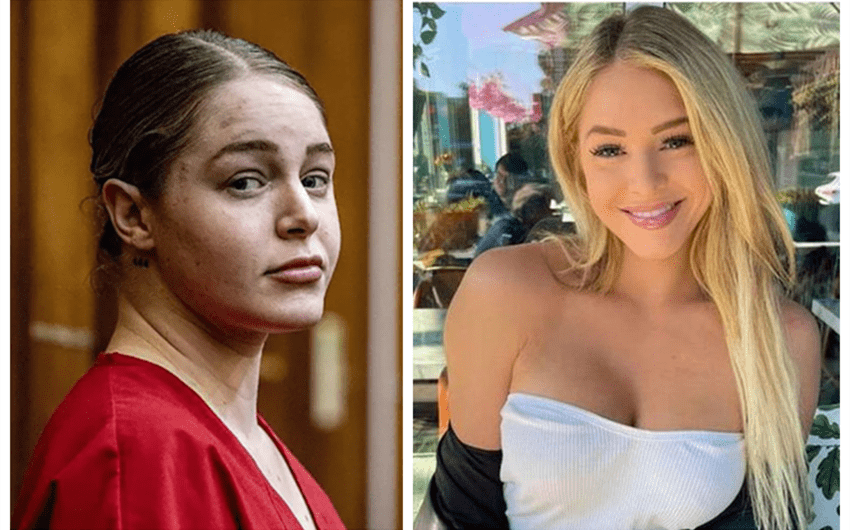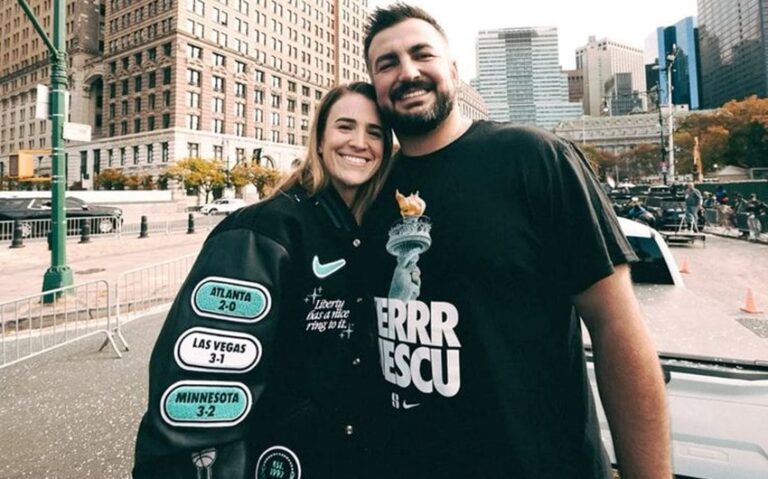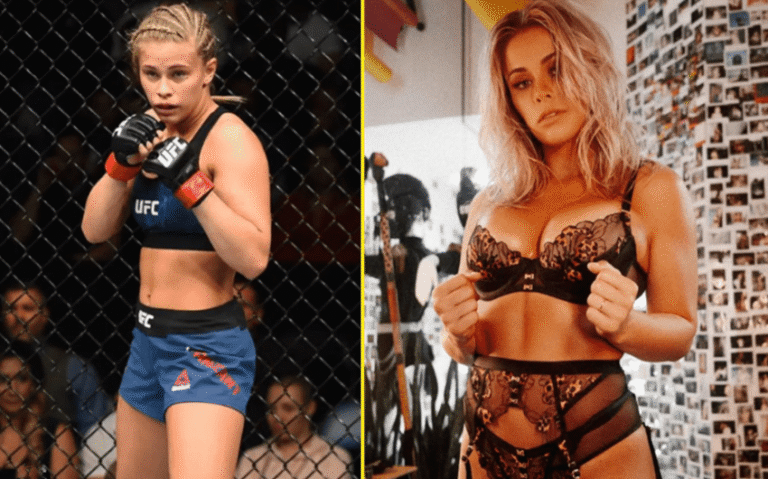Courtney Clenney’s OnlyFans and the Collapse of the Influencer Illusion
Courtney Clenney’s story is not one of gradual rise and quiet success. It is a story of spectacle, tragedy, and irreversible consequence—one where the lines between influencer fame, erotic performance, and real-world violence collided in the harshest possible terms. Known online as Courtney Tailor, Clenney was once an Instagram fitness model and OnlyFans creator with a massive following and a carefully curated online identity. But that identity—and the illusion of control behind it—began to unravel the moment the public learned her name in connection with a violent crime.
The Image That Sold—Until It Didn’t
Before she became infamous, Courtney Clenney represented a well-known template in digital content culture: the fit blonde bombshell, body-sculpted, bikini-clad, sun-drenched. Her content was formulaic in its visual style but massively effective in reach. She leveraged Instagram and TikTok with consistency, later expanding into OnlyFans where her content was more explicit, but still maintained the aesthetic of wealth, leisure, and control.
Subscribers to her OnlyFans didn’t just pay for nudity—they paid for access to a woman who seemed to embody the fantasy of lifestyle freedom: high-rise views, gym selfies, luxury vacations, and a tone of flirtatious distance. Clenney wasn’t raw or intimate; she was sculpted, edited, and fiercely brand-aware. Her presence was less about personality, more about projection. And for a time, it worked flawlessly.
The Murder That Shattered the Fantasy
Everything changed in April 2022, when news broke that Clenney had fatally stabbed her boyfriend, Christian Obumseli, in their Miami high-rise apartment. The incident stunned both her fanbase and the broader public—not just because of the violence, but because it so violently contradicted the curated life she had built online. Suddenly, the illusion cracked. The influencer bubble collapsed.
Clenney’s defense claimed self-defense, citing a history of alleged domestic abuse. Prosecutors, however, charged her with second-degree murder, citing video evidence of previous aggression and eyewitness testimony suggesting a pattern of instability. The case is ongoing, but the consequences—for Clenney, for her fans, for the influencer industry—have already begun to unfold.
OnlyFans Content After the Crime
One of the most chilling details was that Clenney’s OnlyFans content continued to post even after Obumseli’s death. While some of it had been scheduled in advance, the existence of erotic material being released in the wake of a violent killing sparked outrage—and a deeper conversation about the automation of persona in the influencer economy. When the body is monetized and the platform doesn’t pause, what does that say about the system?
Many former fans expressed disgust. Others continued to subscribe. The split revealed something uncomfortably real about modern audiences: some are loyal to the person, while others are simply loyal to the performance, regardless of what happens behind the screen.
The Collapse of the Influencer Fantasy
Clenney’s case marked a moment when the distance between online branding and offline consequences became impossible to ignore. For years, influencers have built careers on careful manipulation of persona, selling curated pieces of themselves in exchange for money, fandom, and digital power. Clenney followed that script. She sold sex appeal, discipline, and luxury. But what she couldn’t hide—what eventually broke through the frame—was the emotional volatility and chaos happening behind closed doors.
Her fall wasn’t just personal. It became symbolic. A reminder that behind every OnlyFans page or Instagram story is a real human being—complex, flawed, and capable of darkness the algorithm doesn’t filter out. The violence didn’t just destroy a life. It destroyed the illusion that online identity can be separated from offline consequence.
The Industry’s Awkward Silence
What’s also notable is how quiet the influencer industry was in response. Fellow creators either distanced themselves or said nothing at all. There were no YouTuber apology videos, no cross-platform reckonings, no meaningful conversations about safety, exploitation, or the culture of glamorized toxicity that often goes unexamined.
The OnlyFans platform itself made no statement. Her page eventually went dark, but the silence left a mark: when monetization is platformized, morality becomes someone else’s job. This moment exposed a massive ethical blind spot in the digital economy—one where creators can build massive followings without any checks on their psychological well-being, relationship dynamics, or personal safety.
Legacy, Tainted and Unresolved
Clenney’s legacy is now suspended in the worst kind of limbo. She awaits trial. Her former fans are split between defenders, critics, and those who simply moved on. But her story won’t go away easily—not just because of the crime, but because of what it revealed about the culture we’ve all helped build. A culture that rewards curated chaos, punishes vulnerability, and refuses to slow down even when someone dies.
Whether or not she’s convicted, Clenney’s name will remain attached to a digital age contradiction: the erotic influencer whose brand collapsed under the weight of something too real, too violent, and too unscripted for the internet to process.
Conclusion: The Cost of Monetized Persona
The Courtney Clenney case is not just a true crime story. It’s a cautionary tale. It asks uncomfortable questions about what happens when human lives are turned into content ecosystems. It reveals the limits of branding, the failure of platforms to protect creators or audiences, and the emotional numbness of a culture conditioned to scroll past tragedy.
In the end, Clenney’s OnlyFans wasn’t just a platform for profit. It was a stage where a carefully built illusion played out until the curtain tore. And what emerged behind that curtain wasn’t another post—it was a body, a crime, and a question we still don’t know how to answer: What happens when the character we pay to watch is no longer acting?







